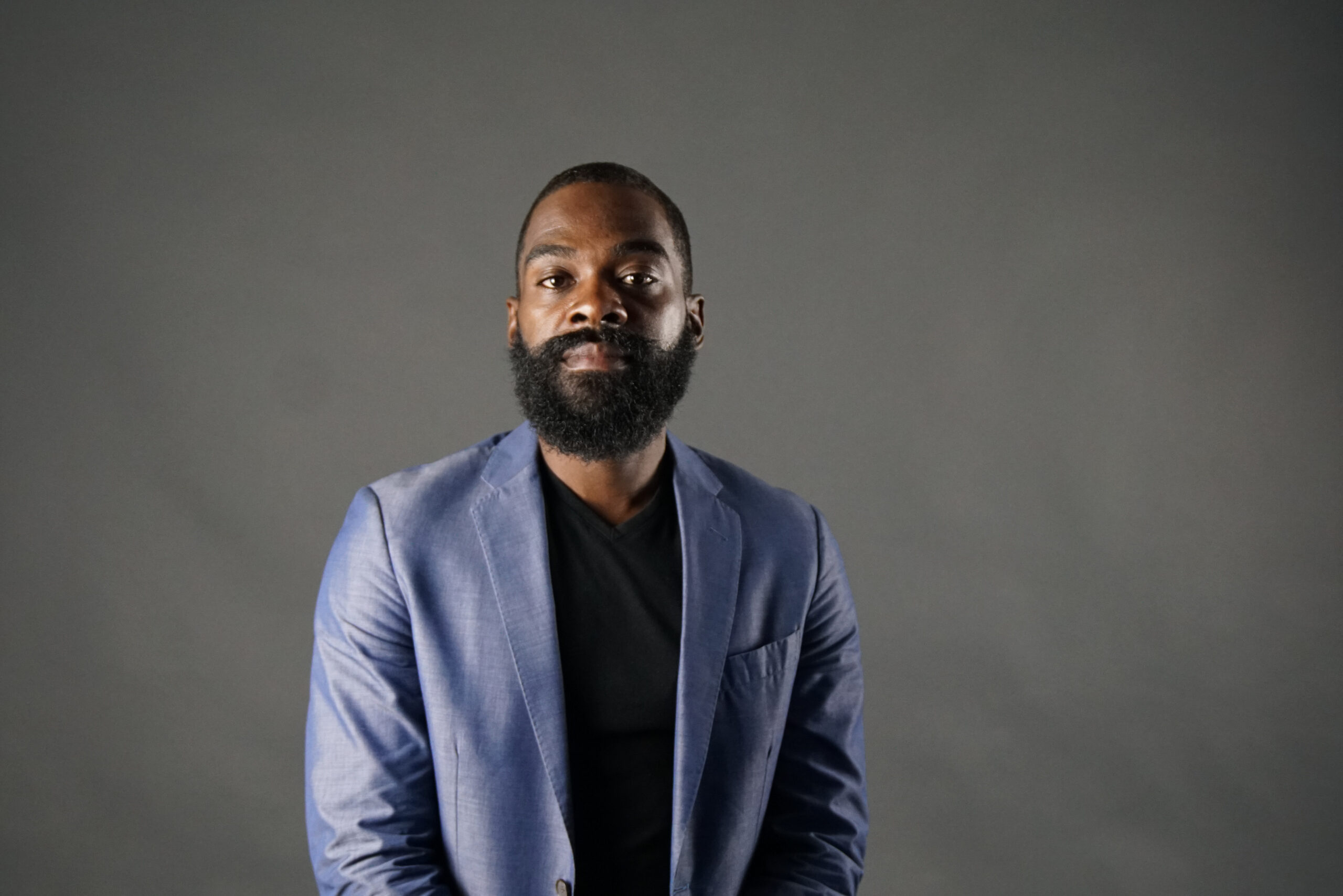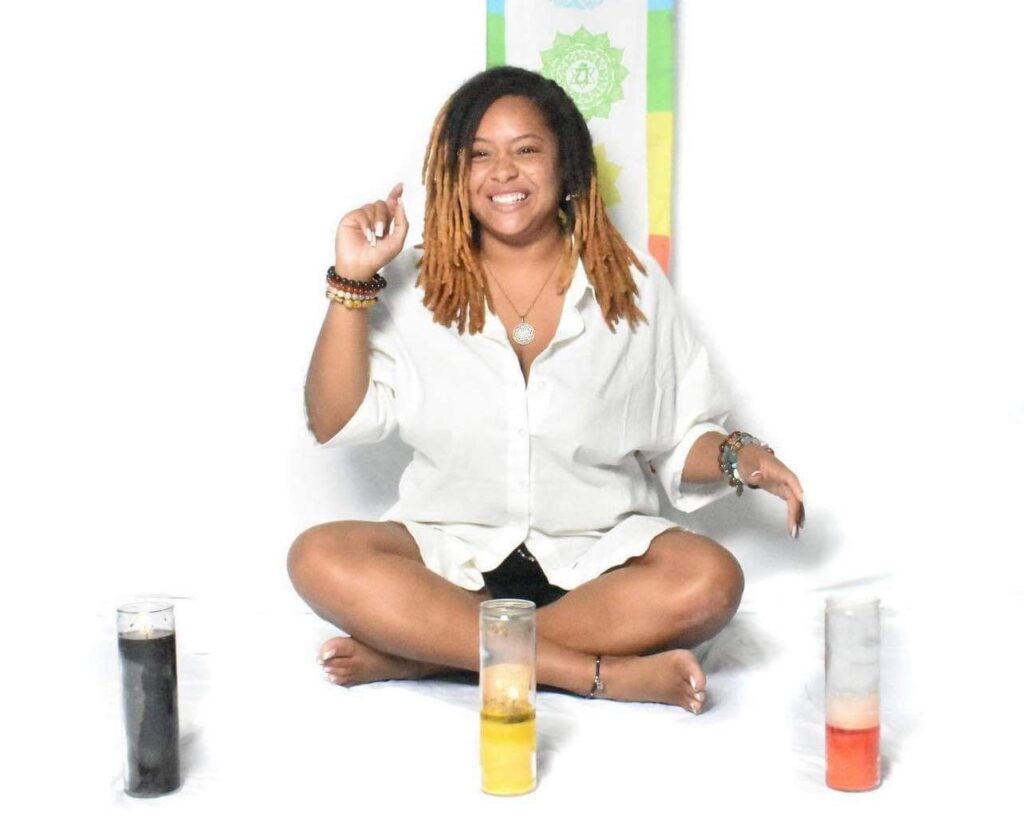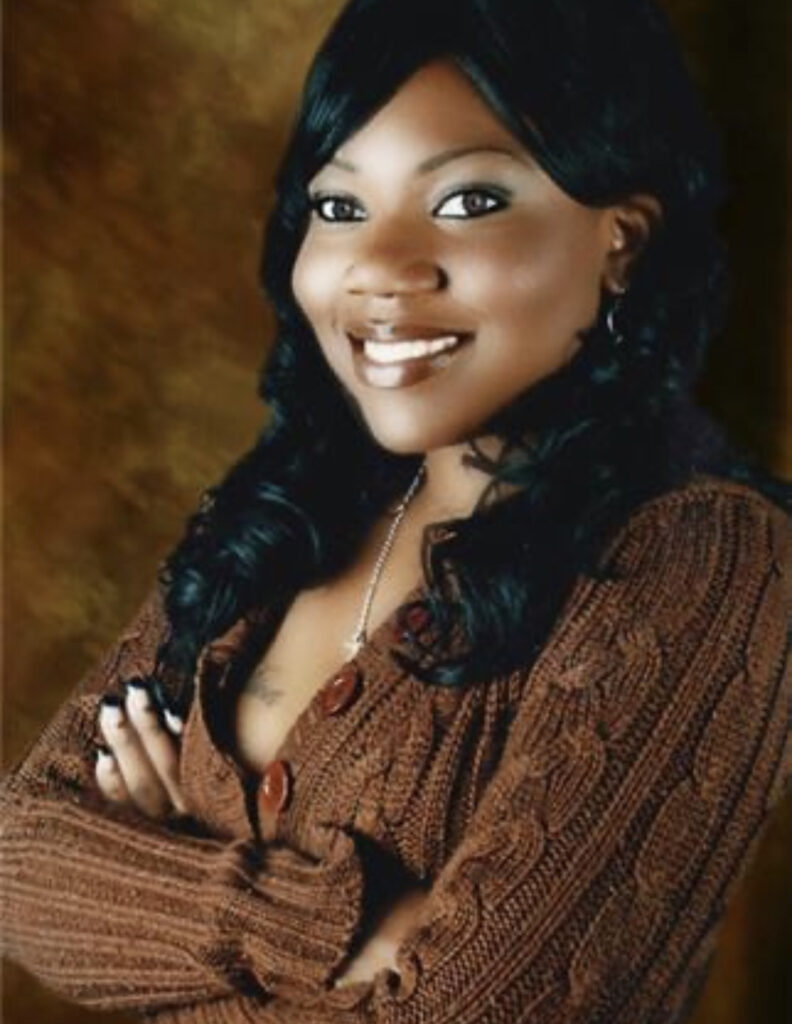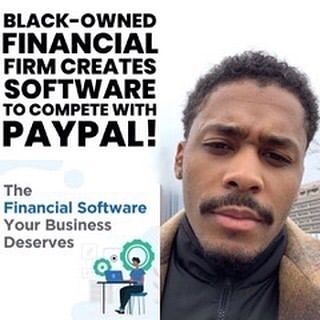Arif Gursel, the founder of 8genC, was a victim of the job layoffs in Big Tech. As a former YouTube and Google Exec, Gursel was surprised to learn of his layoff while he was also undergoing a stem cell transplant for a rare blood disease. Now fighting cancer and the dwindling job economy, survivorship looks very different for Gursel as a layoff survivor and cancer survivor. How did he do it? Gursel stands by a ‘create and compete’ assignment that helped him push through his time undergoing treatment. “Find a large audacious goal that has nothing to do with surviving and focus on that,” says the two-time cancer survivor.
Coming out of the worst season of his life, Gursel founded, 8genC, which is a newly launched branding company that has gained the attention of a few large startups, creatives, and brands looking to Gursel to help them refocus on strategies that will boost the creator economy. Life after layoff looks pretty good for Gursel now as he leads this company and simultaneously focuses on creating a hiring space for talent that has been spontaneously laid off from jobs in Big Tech.
We had the honor of asking Gursel a few questions about his life in big tech.
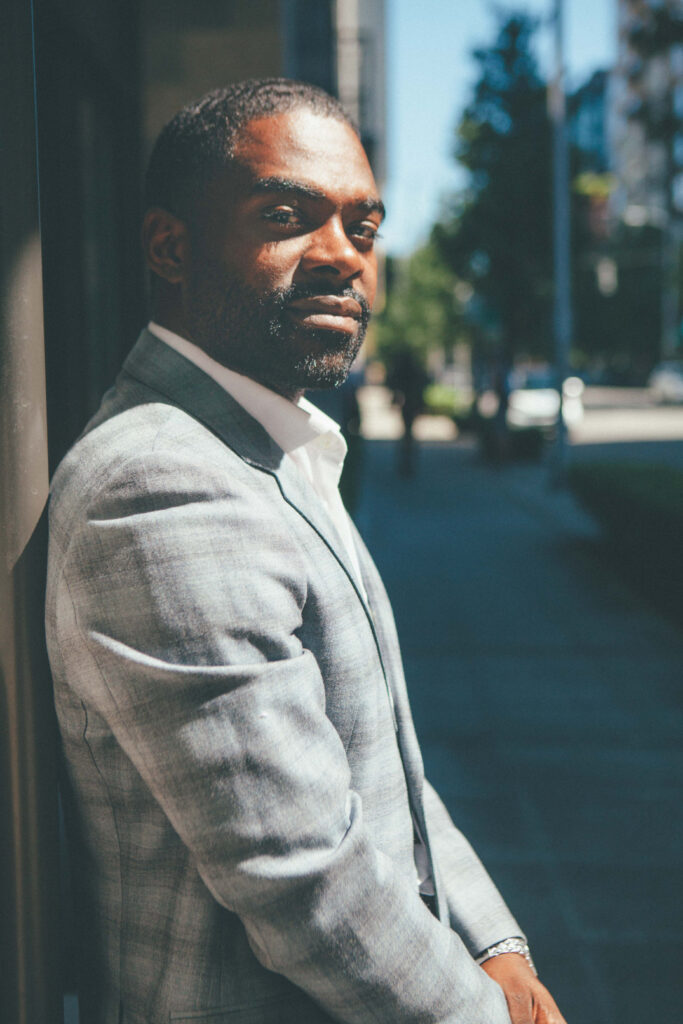
FEMI Magazine (Keziah Preston): Between your big tech layoff and the start of 8GenC, what were the first steps you took and the inspiration behind it?
Gursel: My first step was to quickly gather my ideas for what was next for me. I was laid off while on medical leave and was recovering from a recent stem cell (bone marrow) transplant. It was not even a thought that I would lose my job. I always assumed that medical leave put me in a protected class, but I quickly learned that wasn’t the case. Before the Google layoffs, many other large tech companies were letting go of massive amounts of people. In an average economy, executive roles at my level are hard to come by, so I knew there would be very few companies hiring in a down economy. As a seasoned entrepreneur, my mind instantly went to what I should build instead of who I should work for. In the past few years, I have turned down offers from venture-backed startups and high-net-worth creatives who wanted my assistance in their business. Often there would be a conflict of interest with my current employer, or I simply didn’t have time to assist. Both those barriers were removed, and I started reaching out to my network to see if that interest in my skillset still existed; to my surprise, I was overwhelmed by the number of potential clients. I was also learning each day of talented people laid off from various tech companies. I knew those people also had the skills my clients would need across strategy, business development, design, and product management. It became clear that starting an agency to provide fractional leadership support was a “no-brainer.” I have the skills to build the same world-class teams under my own brand as I did for large tech companies like Google, Netflix, Microsoft, and others.
Being a two-time cancer survivor is quite an achievement, how did you make the best out of that, and what was the most valuable lesson you learned from that time?
Gursel: Being a two-time stage 4 cancer survivor is a club I never thought I would be in, and I’m thankful to say I am. The most valuable lesson I learned is that we are not entitled to time. Time is the most valuable resource on the planet and is the great equalizer. No matter your race, gender, wealth level, ability, etc., we are all born with an unknown finite amount of time to make an impact and leave a legacy. Nothing we do in life will add more time to our clock. So what we do with that time is of utmost importance. I used my healing journey to recenter myself and focus on the most important thing to me: my family. Before both battles, I was working myself to the bone to keep climbing the corporate ladder. I traveled non-stop worldwide, trying to close the most critical deals ever. I was working to change the strategic direction of substantial companies to take advantage of the blind spots. Ultimately, I learned that none of that was more important than ensuring my family had valuable “time” with me that would leave a lasting impact and legacy.
Why did you become a Business developer, and what are the pros and cons?
Gursel: Business development was a natural career progression for me. I started my career as a software engineer. Although I was coding the solutions, I wasn’t creating the ideas that were being coded. I felt that I was equally strong in creativity as in technical execution. I began to transition my career goals toward product management. Product managers are often the idea wranglers, the people who dream up the solutions to a given problem that engineers solve through code. After a few years of a successful career as a product manager, I started handling partnership engagements for Windows at Microsoft. During that time, I caught the attention of executive leaders looking for a person to lead global technical business development for media and entertainment partners. My background as an engineer and partnerships-focused product manager made me an ideal candidate for the role. I became Microsoft’s first Global Technical Evangelist for the Media & Entertainment Ecosystem. In this role, I worked with C-level executives at Microsoft’s largest partner companies to innovate new solutions and bring them to market. My manager in this role encouraged me to obtain my MBA to balance out my technical aptitude. In this role, I learned that business acumen and technical expertise made me a rare commodity in the industry. I enjoy business development for the impact it creates within a company. Combined with my technical background, I can have a 360 view of my deals and avoid blind spots that non-technical counterparts struggle with.
Compare 2023 marketing to 1993 marketing, what do you believe has changed for the better and changed for the worse?
Gursel: The main difference is digital vs. print and social vs. physical. In 1993 we were all still consumers of content and marketing on a linearly programmed model. We watched the same commercials interlaced during the same TV show broadcast. For example, on Thursday at 8 pm, we all watched the same popular sitcom and went to school/work the next day to discuss it with our friends and coworkers. Today we all live a different content experience based on the curation and algorithms social networks deliver us based on our interests. No one has the same content consumption journey anymore, which means marketing must use more signals and understand where and how to find people in an omnichannel fashion. Think about it, two people in the same house with different profiles on their content services will be recommended for different content across YouTube, Netflix, Spotify, etc. Therefore, the brands who want to reach them are different and must conform to their unique signals.
What was your first successful business development job, and what was the biggest mistake you made?
Gursel: As discussed, my first BD role was at Microsoft. Business development is best viewed through the lens of risk management. In hindsight, you will always find something you could have executed better to have more impact on your company. However, most of the time, we live in unchartered waters, and what we do is the first of its kind with no previous examples to learn from. That makes the role so exciting, we drive real-world case studies, and every day is different. Your job is to balance your company’s needs with potential partners’ requirements to find a win-win situation for all parties involved. You must also manage the competitive landscape and mitigate the risks of losing competitive advantage by not forming the right alliances. Historically, deals accomplished by my competitors would have helped my company achieve our goals, but we were beaten to the punch. There are also moments when your competitors release new features that can increase the gap of their advantage over you in the market. It’s not about mistakes; it’s about playing a long strategy game, mitigating risks, and driving competitive advantage.
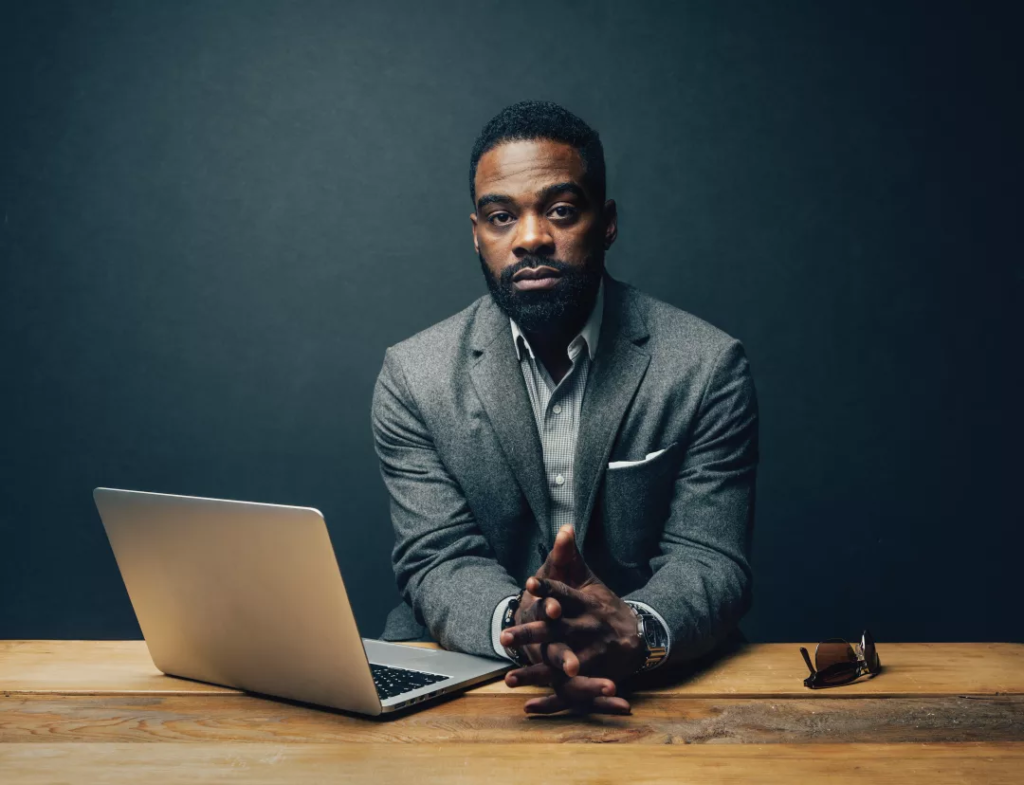
To learn more about 8genC, please visit www.8genc.com.
Arif G LinkedIn: https://www.linkedin.com/in/arifgursel/
Arif G Instagram: www.instagram.com/sirgursel/
Contact Email: contact@arifgursel.com
Follow Us On Social Media!

